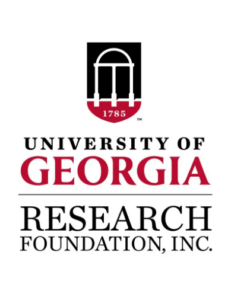Toward an Interdisciplinary Blueprint for Open Science Graduate Education
The bedrock of any scientific enterprise is the ability to reproduce experiments: following the same set of instructions with the same instruments and obtaining the same results. Unfortunately, there are numerous obstacles in contemporary scientific research that preclude universal reproducibility. These range from key omissions or vague instructions in the experimental description to journals that require subscriptions and thus restrict access to the entire scientific product. Open Science is an approach to conducting reproducible research, but its practices are difficult and time-consuming to adopt. The University of Georgia will pilot an educational program that teams up students and faculty conducting research, with the ultimate goal of lowering barriers to conducting Open Science and catalyzing an institutional shift toward an open and transparent approach to science. The project will incentivize Open Science practices in research and education and will provide additional training opportunities to students and faculty alike to obtain skills in Open Science that are otherwise not offered in a contemporary research setting.
This project will establish new curricula, creating new opportunities for future students and faculty as well as endowing them with skills that are highly sought in a variety of fields.
- Read the project abstract

